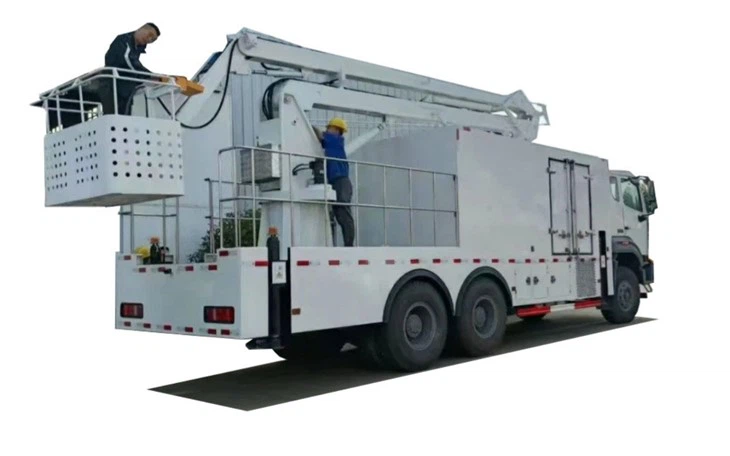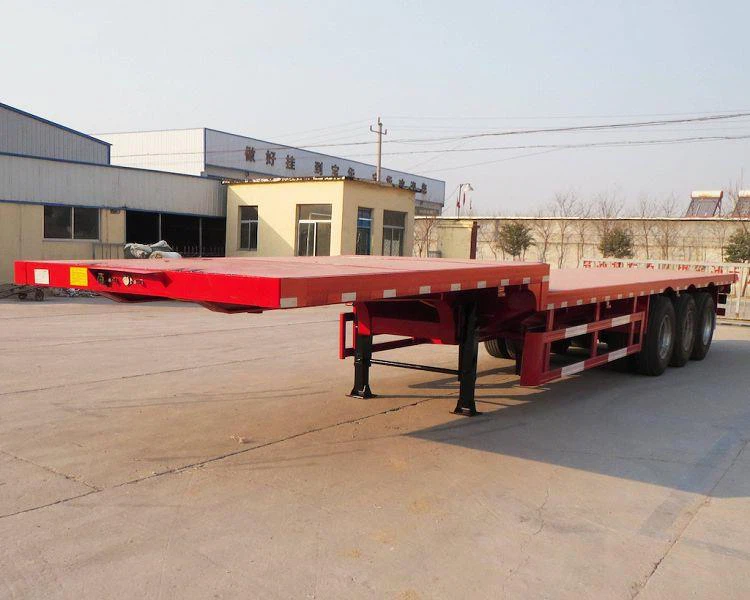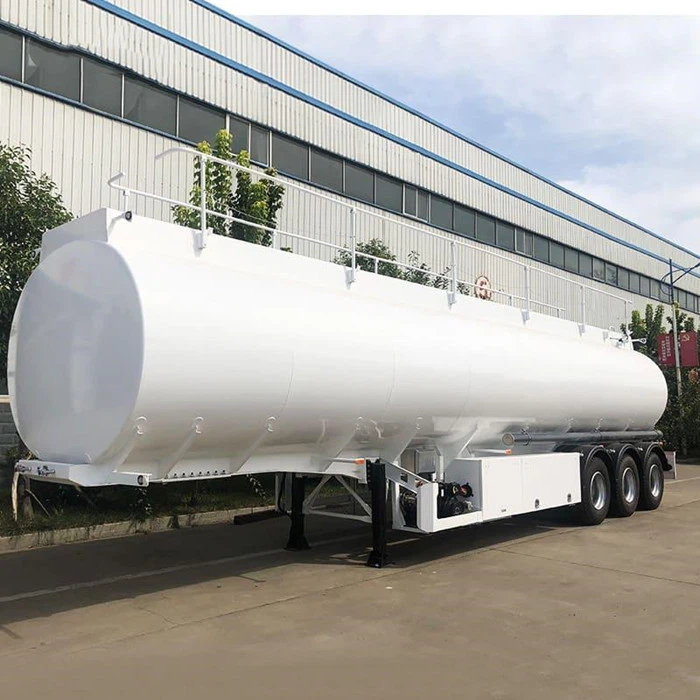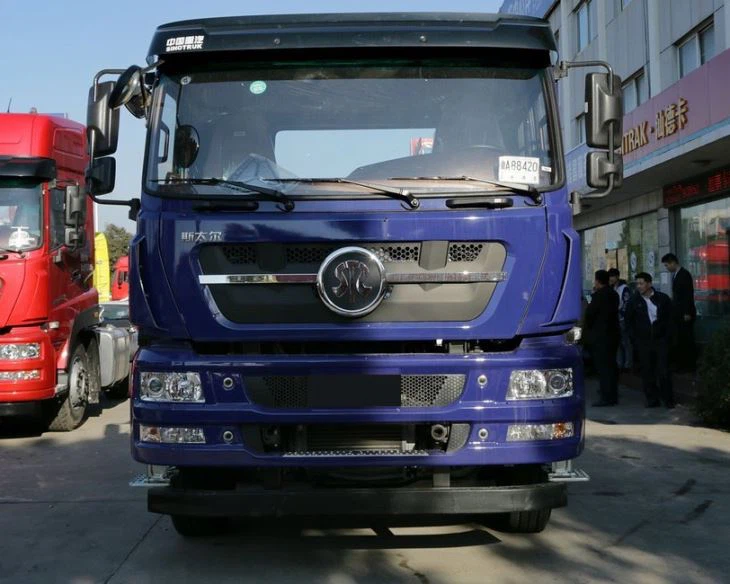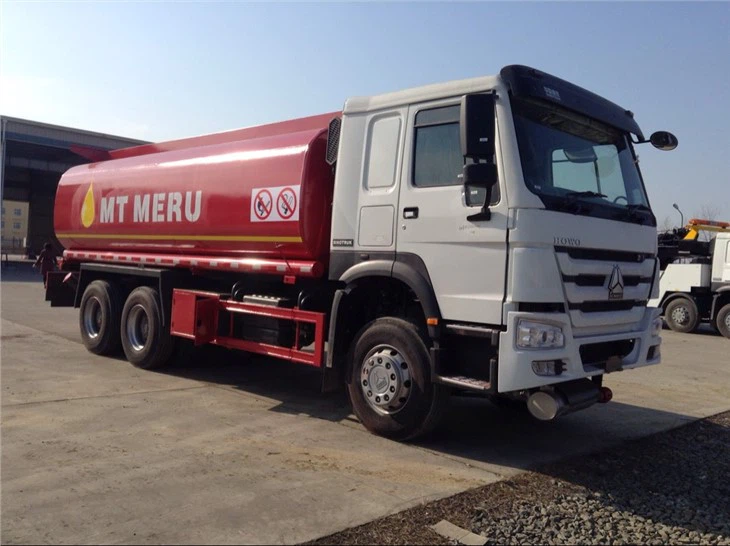Garbage trucks play a crucial role in maintaining cleanliness and hygiene in our communities. As environmental concerns and urbanization grow, municipalities and private companies are increasingly investing in garbage trucks to handle waste efficiently. If you’re considering purchasing a garbage truck or want to learn more about their costs, this article will provide you with detailed insights.
Understanding the Cost of Garbage Trucks
The cost of garbage trucks can vary significantly based on multiple factors, including type, size, and additional features. On average, garbage trucks can range from $100,000 to $500,000 depending on specifications and purposes. Below are the key factors influencing the cost.
1. Types of Garbage Trucks
Garbage trucks come in various types, each designed for specific collection needs. Understanding these types can help you gauge what suits your requirements and budget.
Front Loader Trucks
Front loader trucks are designed for commercial waste collection, particularly for large dumpsters. They feature a mechanical arm that lifts the dumpster and dumps its contents into the truck. The average cost of front loader trucks ranges from $150,000 to $300,000.
Rear Loader Trucks
Rear loader trucks are more commonly used for residential waste collection. These trucks have a rear opening, allowing waste to be loaded from the back. Prices typically range from $100,000 to $250,000.
Side Loader Trucks
Side loader trucks can operate from the side, which is ideal for a second-person operation in areas with tight spaces. The costs for side loader trucks range from $150,000 to $350,000.
Roll-Off Trucks
Roll-off trucks are specialized vehicles designed to transport large containers. They can be quite expensive and usually cost between $200,000 to $500,000 depending on capacity and brand.
2. New vs. Used Garbage Trucks

Another substantial factor affecting cost is whether you choose to buy new or used trucks.
Cost of New Garbage Trucks
New garbage trucks boast advanced technology, compliance with environmental regulations, and warranties. However, they can be significantly more expensive—typically priced between $200,000 and $500,000.
Cost of Used Garbage Trucks
Used garbage trucks can save you a considerable amount of money, usually ranging from $50,000 to $150,000, depending on the truck’s age, condition, and mileage. However, you may have to consider maintenance and repairs over time.
3. Key Specs Impacting Cost
Several specifications impact the overall price of garbage trucks, including:
- Capacity: Larger trucks tend to be more expensive, with capacities ranging from 10 to 30 cubic yards.
- Engine Performance: Trucks with higher horsepower and fuel efficiency tend to cost more.
- Build Quality: Heavy-duty trucks made from robust materials are generally costlier.
Financing Options for Garbage Trucks
Financing plays a crucial role when purchasing garbage trucks, especially considering their high costs. Below are some common financing options:
1. Leasing
Leasing garbage trucks allows companies to use vehicles for a specific time without the financial burden of outright purchase. Monthly payments are typically lower, but at the end of the lease, you won’t own the truck. Leasing is often ideal for startups or small businesses.
2. Purchasing via Loans
Taking out a loan is another option for purchasing garbage trucks. This structure enables you to own the truck while paying off the loan over time. It’s essential to compare interest rates from different lenders to find the best deal.
3. Municipal Financing Programs
Some local governments may offer financing programs aimed at helping municipalities acquire garbage trucks through grants or low-interest loans. Always check for available programs that suit your needs.
Operating Costs for Garbage Trucks
In addition to initial purchase prices, it’s crucial to consider ongoing operating costs. Understanding these costs can assist in budgeting effectively.

1. Fuel Costs
Fuel is a significant recurrent expense in garbage truck operations. On average, a garbage truck consumes 4-8 miles per gallon, so fuel costs can accumulate rapidly, particularly for fleets operating frequently. For example:
| Fuel Type | Cost per Gallon | Miles per Gallon | Weekly Operating Cost (assuming 300 miles/week) |
|---|---|---|---|
| Diesel | $3.50 | 6 | $175.00 |
| Gasoline | $3.00 | 5 | $180.00 |
2. Maintenance Costs
Regular maintenance is essential to prolonging the life of a garbage truck. This can include oil changes, brake inspections, tire replacements, and other mechanical repairs. Typically, you might budget around $5,000-$10,000 annually for a single unit.
3. Insurance Costs
Insurance costs for garbage trucks can also be considerable. On average, companies might pay between 7-10% of the truck’s value annually for insurance premiums. For example, for a $200,000 truck, expect between $14,000 to $20,000 per year in insurance costs.
4. Labor Costs
Labor costs are another vital aspect of operating garbage trucks. Salaries for garbage truck drivers can range from $30,000 to $70,000 annually, depending on skill level and location.
Evaluating Garbage Truck Brands
When investing in a garbage truck, brand reputation can influence cost and reliability. Below are some popular garbage truck brands and their typical price ranges:
| Brand | Price Range |
|---|---|
| Freightliner | $100,000 – $400,000 |
| Peterbilt | $130,000 – $500,000 |
| International Truck | $120,000 – $450,000 |
| Kenworth | $140,000 – $500,000 |
Tips for Buying Garbage Trucks
Choosing the right garbage truck can feel overwhelming due to the numerous options available. Here are some practical tips to consider:
1. Conduct Thorough Research
Before making a purchase, take the time to research different makes and models. Check user reviews and talk to current owners about their experiences.
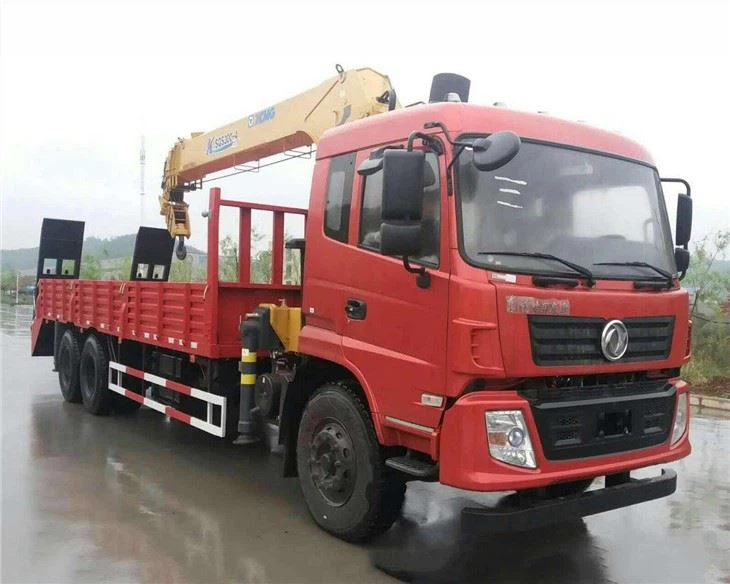
2. Examine Your Needs
Assess your specific needs regarding waste collection frequency and type. Would a front loader be more efficient for commercial waste, or is a rear loader suitable for residential routes?
3. Work with Reputable Dealers
Only work with authorized and reputable dealers to ensure the quality of the truck and that you are getting fair pricing. Negotiate terms that suit your budget.
4. Consider Total Cost of Ownership
Look beyond the initial price; include maintenance, fuel, and insurance costs when evaluating the overall investment. This helps you make an informed decision.
Frequently Asked Questions (FAQ)
1. What is the average lifespan of a garbage truck?
The average lifespan of a garbage truck is around 10 to 15 years, depending on maintenance and usage.
2. Are there any grants available for purchasing garbage trucks?
Yes, some municipal and environmental grants are available to assist governments and non-profits in purchasing eco-friendly garbage trucks.
3. How can I determine the right garbage truck for my needs?
Evaluate your waste collection needs, frequency, and the types of waste you handle. This will help you select the most suitable model.
4. What are the environmental considerations when purchasing a garbage truck?
Look for trucks that meet emission standards and consider alternative fuels like CNG (Compressed Natural Gas) or electric models for reduced environmental impact.
5. Can I finance a used garbage truck?
Yes, many lenders offer financing options for both new and used garbage trucks, though terms may vary.
6. Is it better to purchase or lease a garbage truck?
This depends on your specific needs: leasing may offer lower monthly payments without ownership, while purchasing means you gain an asset over time.
